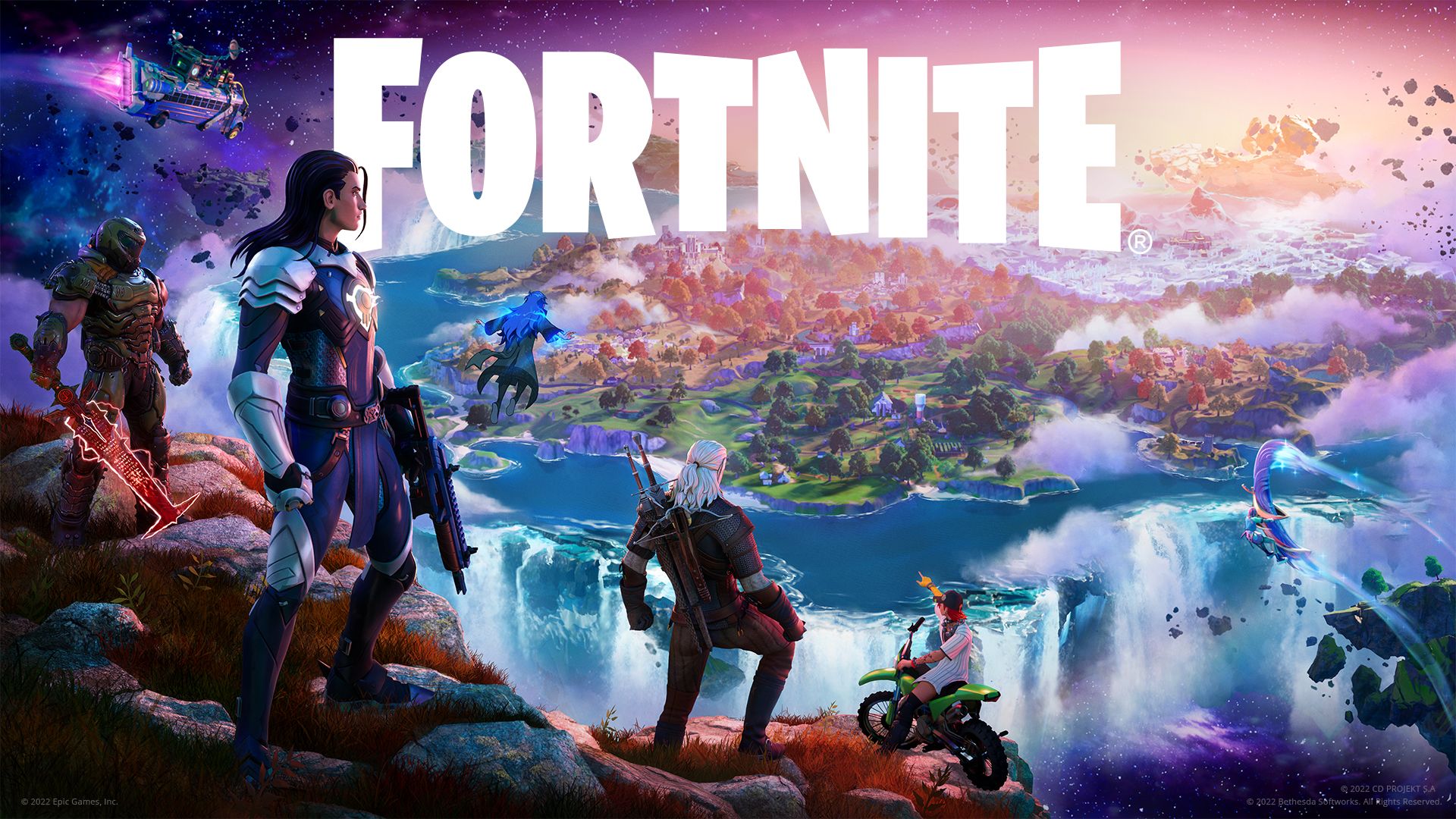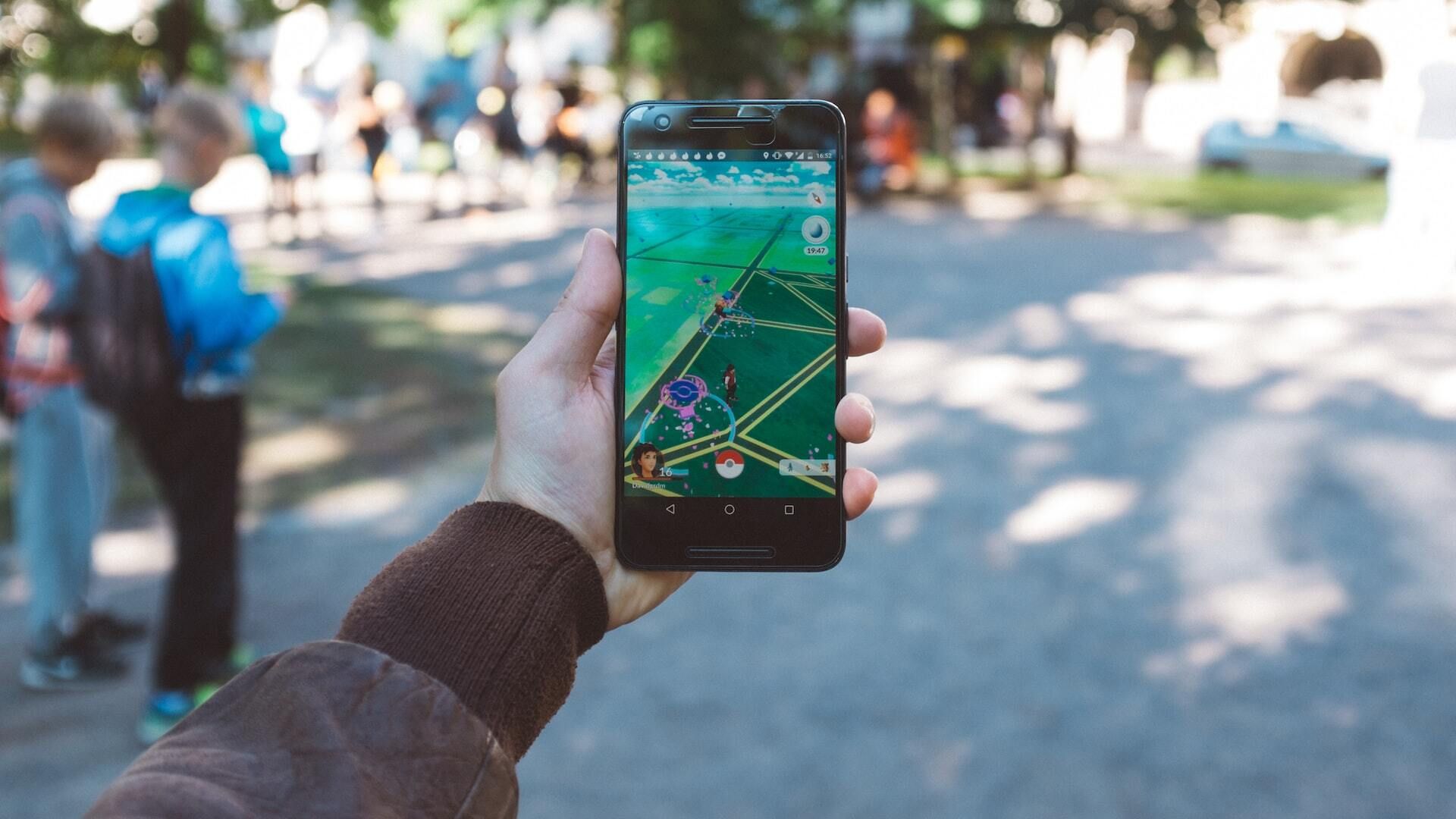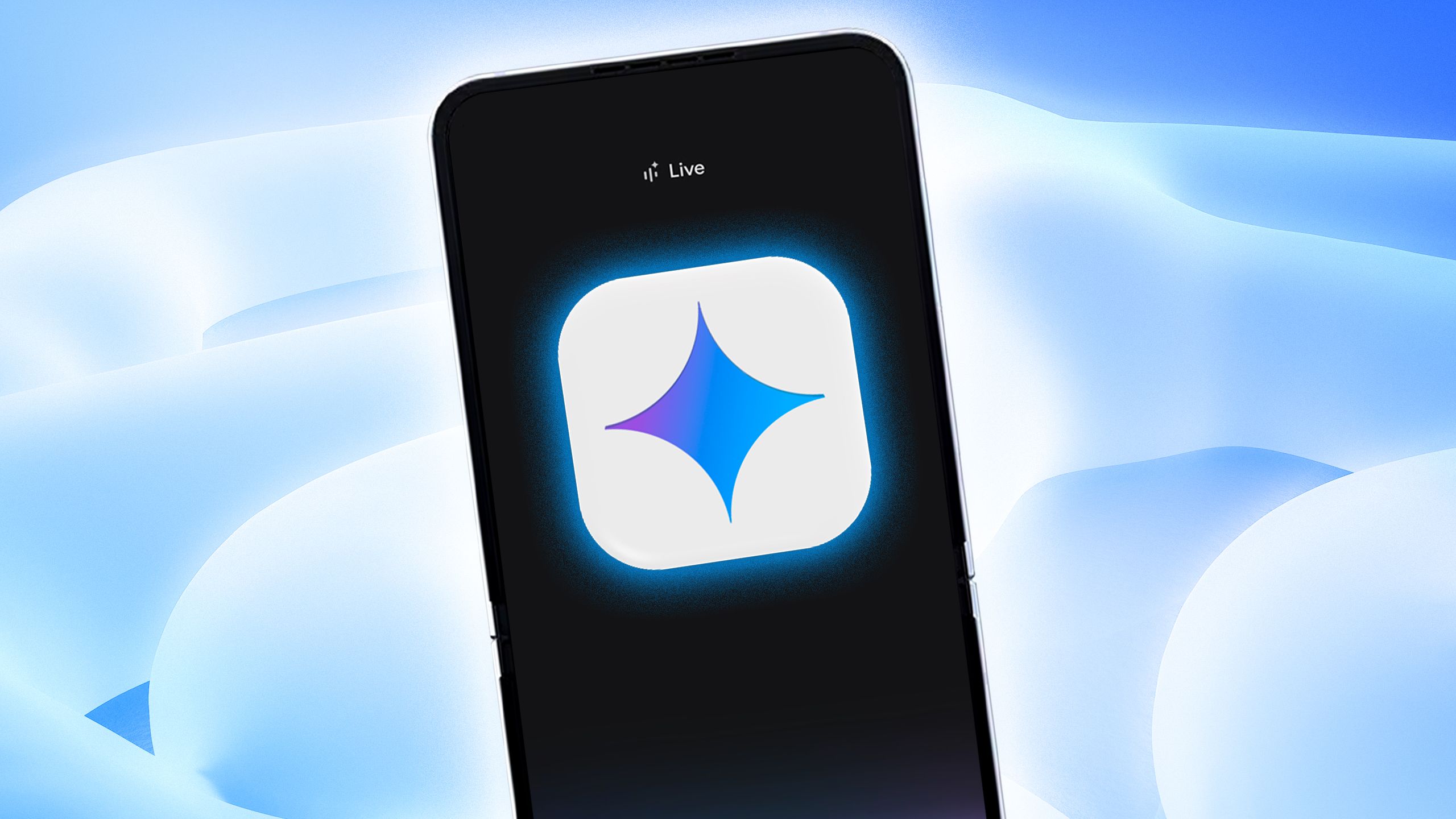The tech industry faced a wave of product failures in 2024. Overhyped product launches repeatedly fell short. Gimmicky AI bloatware flooded the market, many failing to demonstrate practical value. Even the gaming sector faced a tough year. Esteemed publishers known for some of the best games took a reputation hit when their anticipated titles were poorly received and discontinued shortly after launch. Here are the most talked-about tech flops of 2024 and why they failed.
7 Concord and the downfall of the live-service game model
Sony’s Concord became a high-profile live-service flop. It peaked at under 700 concurrent players on Steam and barely found an audience on PlayStation. A $40 price tag in a market dominated by free-to-play hero shooters, dull visuals, and unoriginal gameplay failed Concord in an oversaturated genre.
This pattern isn’t unique. Warner Bros.’ Suicide Squad: Kill the Justice League failed with its forced live-service model, and Sega’s Hyenas was canceled before launch. Players are fed up with “forever games.” Established giants like League of Legends and Fortnite dominate the space. Convincing gamers to leave these rooted ecosystems for new titles is an uphill battle, making failures like Concord inevitable.

How you can install and play Fortnite on Android
Fortnite may have been kicked from the Play Store, but you can still play the game on Android
6 Overpriced and underwhelming Humane AI Pin
The $700 Humane AI Pin launched to heavy criticism despite years of development, $240 million in funding, and backing from OpenAI CEO Sam Altman. Tech reviewer Marques Brownlee described it as “the worst product I’ve ever reviewed.”
Marketed as an assistant to simplify daily tasks with AI, the Pin fell short. Given its poor performance, its $700 price tag and a $24 monthly subscription were hard to justify. Consumers expected advanced features, but the device delivered unreliable gesture controls and a dim laser projector that couldn’t compete with smartphone screens.
Like Google Glass and Stadia, the AI Pin tried to replace existing technology but failed to offer meaningful improvements, leaving users questioning its purpose and value.
5 Rabbit R1’s gimmicks overshadow its potential
The Rabbit R1 introduced large action models (LAMs), an AI concept that handles tasks outside the scope of large language models (LLMs). At $200, it offered more value than the AI Pin. Its bold orange design and RabbitOS interface drew attention but soon faced criticism.
The R1 failed to deliver on its CES 2024 promises. LAMs, promoted as revolutionary, proved more gimmicky than groundbreaking. The controversy deepened when a reviewer revealed the R1’s software was essentially an Android app that could be sideloaded onto other devices. This cast doubt on the need for the R1’s hardware.
Rabbit CEO Jesse Lyu argued that RabbitOS required cloud integration and firmware-level customizations, but these claims did little to address concerns about its practicality. With limited features and overlaps with smartphone capabilities, the R1 failed to justify its existence, just like the Humane AI pin.
4 Fisker Ocean’s quality issues led to bankruptcy
Fisker Inc.’s downfall in 2024 resulted from mismanagement, poor product quality, and financial chaos. The company prioritized cost-cutting and rushed production, neglecting quality control and operational issues. The Ocean SUV, Fisker’s flagship electric vehicle, had software glitches and malfunctioning components, forcing safety recalls and harsh reviews. Marques Brownlee called it “the worst car I’ve ever reviewed.”
Fisker fell short of its production targets, delivering only a fraction of the promised units. This shortfall caused thousands of canceled reservations and further damaged the company’s reputation. The company filed for bankruptcy in June 2024, stopping production and leaving its future projects uncertain.
3 Intel loses its throne to Nvidia
Intel’s decline became more evident in 2024 as it struggled to keep pace with industry leaders. The 13th and 14th Gen Core processors experienced widespread crashes and irreversible degradation. Intel later identified the Vmin Shift bug, a faulty microcode algorithm, as the root cause. Patches were released, but the prolonged instability damaged Intel’s reputation.
Adding to the issue, Intel lagged behind Arm-based competitors like Apple’s M4 and Qualcomm’s Snapdragon X Elite. Rivals Nvidia and AMD capitalized on the AI boom, leaving Intel scrambling to find relevance in a rapidly evolving market. Intel suffered record-breaking losses, including a $16.6 billion loss in Q3, as stock prices and market share plummeted.
2 Apple Vision Pro
Apple Vision Pro was impressive but failed to become a must-have. Although Apple marketed it as a breakthrough for augmented and virtual reality, its practical application was limited.
Hardware alone could not compensate for the absence of a rich app ecosystem. Major platforms like Netflix, Spotify, and YouTube were unavailable at launch, leaving users relying on a browser for content, which made the experience less immersive.
Comfort issues also added to user dissatisfaction. Users reported discomfort even with Apple’s custom fittings. The astronomical $3,500 price tag was the last straw, especially compared to Meta’s $500 Quest 3, which satisfied the target audience with many entertainment options.

The best augmented reality games for Android in 2024
Give yourself an excuse to go outside with these augmented reality games for Android
1 CrowdStrike caused global issues with one update
Cybersecurity firm CrowdStrike released a faulty update to its Falcon Sensor software in July 2024, causing over 8.5 million Windows PCs to crash into endless boot loops. The disruption impacted critical sectors worldwide. Healthcare systems, transportation networks, and emergency services faced outages. The financial impact exceeded $5 billion, leading to widespread lawsuits and shareholder dissatisfaction.
The incident highlighted the dangers of over-reliance on centralized tech infrastructure. The failure prompted a reevaluation of software testing protocols and a sobering example of how a single oversight can cascade into global chaos.
Honorable mention: Panels app failed to impress users
Marques Brownlee’s wallpaper app, Panels, launched in September 2024 but failed so hard it’s almost poetic justice for the products he slammed earlier.
The app offers curated high-resolution wallpapers through a subscription model priced at $12 per month or $50 per year for the premium Panels Plus service. However, users of the free version had to sit through in-feed ads and could only download standard-definition wallpapers after watching several ads.
It was the reviewer who was reviewed this time. Critics pointed out several issues, including the high subscription cost, intrusive ads even for premium users, and concerns over extensive data tracking permissions. Brownlee acknowledged these shortcomings in response, “We failed on the price front.”
What 2024 tech failures taught us about innovation
Consumer trust is built on value, not hype. As 2025 begins, companies must focus on delivering effective technology. One example from 2024 is the ROG Ally, which understood gamers’ demand for PC-level performance in a handheld device and delivered a product that met those expectations.










